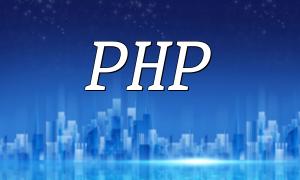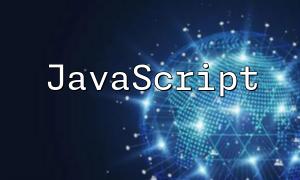PHP frameworks are tools designed to simplify PHP application development by providing standardized development structures and interfaces, allowing developers to focus on business logic rather than repetitive basic functionalities. Common frameworks include Laravel, Symfony, and CodeIgniter.
Using PHP frameworks significantly shortens development cycles. Developers can leverage built-in features to accelerate projects. For example, Laravel's Eloquent ORM simplifies database operations without writing complex SQL, enhancing code readability and reducing errors:
$users = User::where('active', 1)->get();This concise syntax helps improve both efficiency and code quality.
Most PHP frameworks come with security features like CSRF protection and SQL injection prevention, making it easier to build secure applications. Additionally, MVC architecture separates code logic clearly, improving maintainability and reusability.
PHP frameworks are increasingly combined with frontend frameworks and microservices to form comprehensive development ecosystems that meet complex application requirements.
Modern web applications often combine backend PHP frameworks with frontend frameworks such as Vue.js, React, or Angular. Through API interfaces, PHP frameworks provide data support to frontends. The following example shows an API route defined in Laravel:
Route::get('/api/users', function () {
return App\Models\User::all();
});Frontend can easily fetch user data via this API for dynamic page rendering.
Microservices architecture splits applications into independent services, allowing separate development and deployment. Frameworks like Laravel facilitate quick RESTful API creation, reducing system coupling and enhancing flexibility and scalability.
As technology evolves, PHP frameworks will continue to adapt to emerging needs, supporting serverless architectures and artificial intelligence.
Serverless architecture, enabled by cloud computing, removes the need for server management. Future PHP frameworks are expected to better support Serverless deployments, helping developers deploy applications easily to cloud platforms.
Rapid advances in artificial intelligence bring new opportunities for web development. Future PHP frameworks may integrate AI and machine learning capabilities more deeply to support intelligent application development.
The integration of PHP frameworks with modern technologies is continuously driving innovation in web development, helping developers improve efficiency and build high-quality applications. Looking ahead, as new technologies emerge, PHP frameworks will play an increasingly valuable role across more fields.









